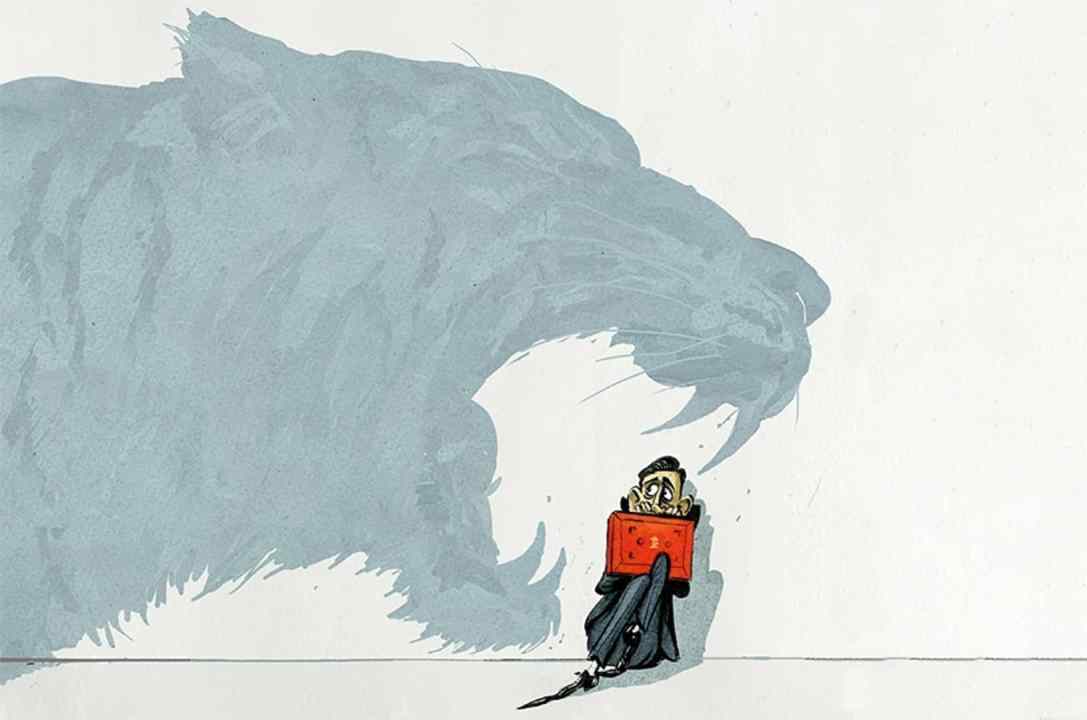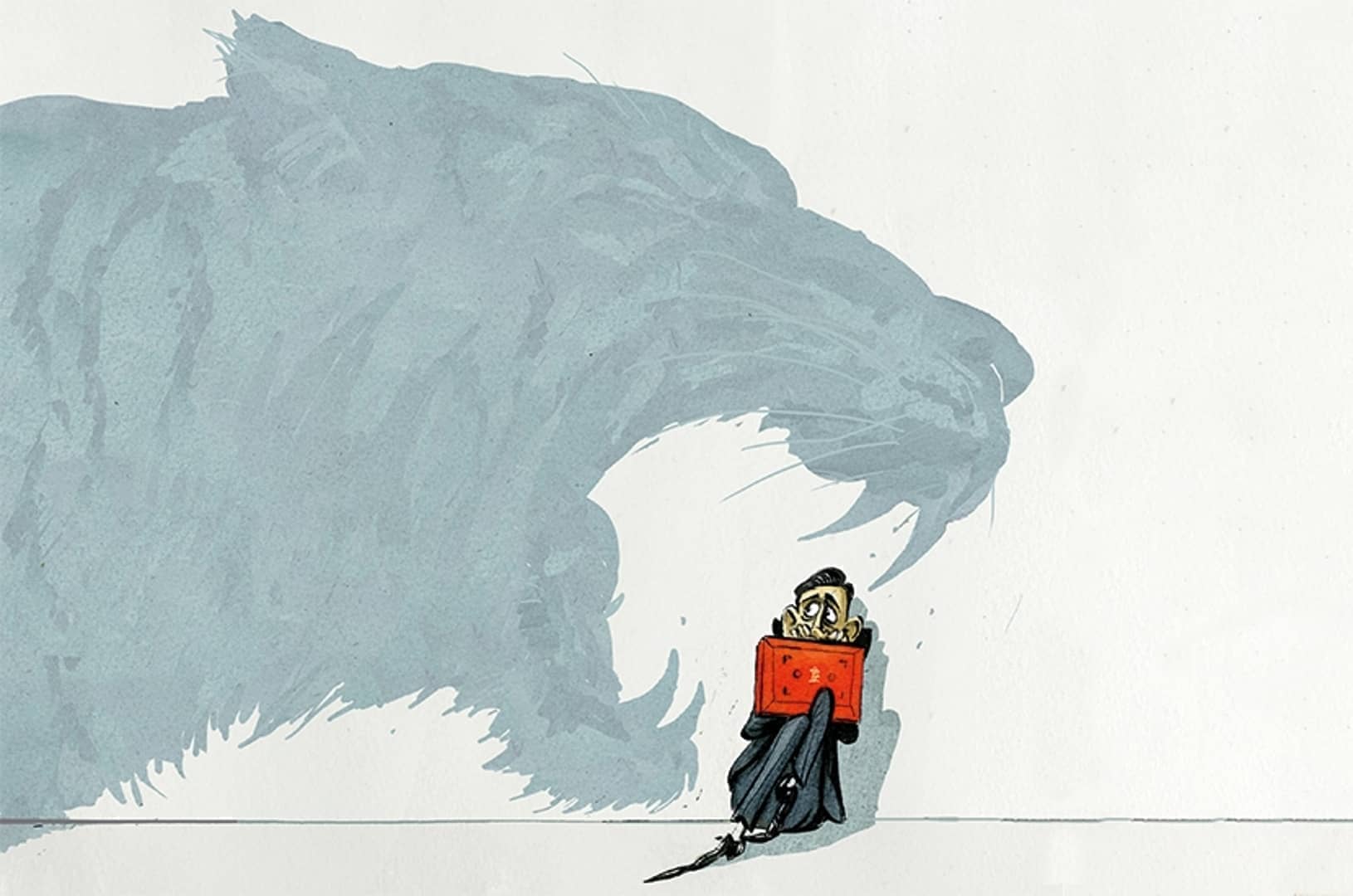The government is delighted with today’s inflation update. Rishi Sunak released a clip this afternoon, talking about his government’s efforts to ‘halve inflation’ by the end of the year. ‘I know it’s still tough’ he says, but ‘the plan is working, and we are delivering.’
The problem is that it is not in his gift to deliver on his particular pledge. The economics in this video rival his chancellor’s coffee cup video from a few months back – in that they simply don’t add up. Politicians do not control inflation. They have no reliable mechanism for doing so. Windfall taxes do not bring down inflation, as he suggests in the video; and borrowing and spending at record levels definitely does not bring down inflation.
Sunak knows all this. The most common feedback about chancellor Sunak during the pandemic was that he understood economics better than almost anyone else in the Treasury. He was one of the only people in the UK to see the inflation tiger coming.
I promised to halve inflation. There's still work to do, but today’s news shows that we're making progress 👇 pic.twitter.com/eb4TuhQqW0
— Rishi Sunak (@RishiSunak) May 24, 2023
But the government needs to grab onto the fall in the headline inflation rate and take credit for it, not least because the underlying news is far more worrying, with core inflation (which excludes food and energy) rising on the year to April, up to almost 7 per cent. But no positive spin could hide the rather gloomy update from the markets, reacting poorly to the rise in core inflation, as well as the fact that – yet again – the rate of inflation didn’t fall as far as the consensus had forecast. The assumption is that this will lead to another interest rate hike, which would take the rate closer to 4.75 per cent.
All this led to a spike in gilt yields when the market opened this morning, with ten-year yields jumping from 4.1 per cent yesterday to 4.3 per cent when markets opened this morning. It was a flashback to a very strange time, last October, when all eyes became glued to UK gilt-yields, which were skyrocketing in the aftermath of Liz Truss’s so-called ‘mini-Budget.’ Today’s spike was the largest since that mini-Budget, leading to whispers that we could be back in similar territory.
Of course the circumstances aren’t the same. Gilt yields started coming down after the initial spike this morning, down to 4.2 per cent at close: quite a different event compared to last year, when borrowing costs were only drifting upwards and market expectations for a peak interest rate were rising fast. The situation stabilised on its own, in a matter of hours – hardly emergency territory.
But the market reaction to today’s inflation figures serves as a stark reminder to government that the UK’s economy remains fragile. It is not only former prime ministers that have to negotiate tricky territory. Sure, Sunak and Hunt didn’t actively contribute to today’s rise in the gilt yields (yet another reason they should stop pretending they control inflation) but with the finances still in such a weak state, they must continue to tread carefully.








Comments